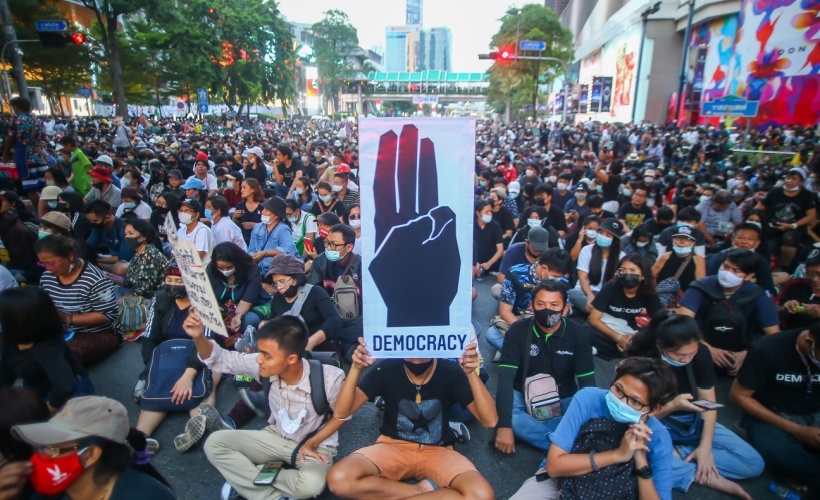The rapid growth of the Indian economy, combined with increasing US-China competition, has brought increased international attention to the idea of India as the ultimate swing power of the Indo-Pacific region. The strengthening of Hindu nationalism under Prime Minister Narendra Modi has also attracted global scrutiny. Despite India’s success, since 1947, in pursuing major power status, the quest remains unfinished owing to factors such as low human development indices, acting as constraints on the final goal. This book argues that India must develop an inclusive, tolerant democracy if it wishes to utilise its demographic dividend, and if it wishes to gain greater global influence and status in the twenty-first century. The book adopts a unique “status perspective”, one that is often missing from popular accounts of India’s modern rise.
More about the speaker:
T.V. Paul is Distinguished James McGill Professor in the Department of Political Science at McGill University, Montreal, Canada and a Fellow of the Royal Society of Canada. Paul is the author or editor of 24 books and over 80 scholarly articles/book chapters in the fields of International Relations, International Security, and South Asia. He is also currently the editor of the Georgetown University Press book series: South Asia in World Affairs.
This talk is only open to students and faculty from POLIS, FAMES and History, as spaces are limited. To request your ticket please email Shamsher Bhangal at ssb47@cam.ac.uk.







